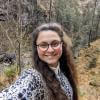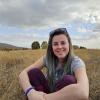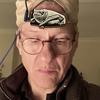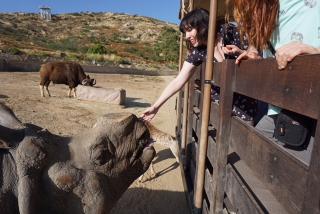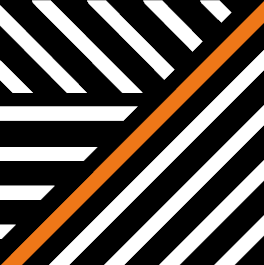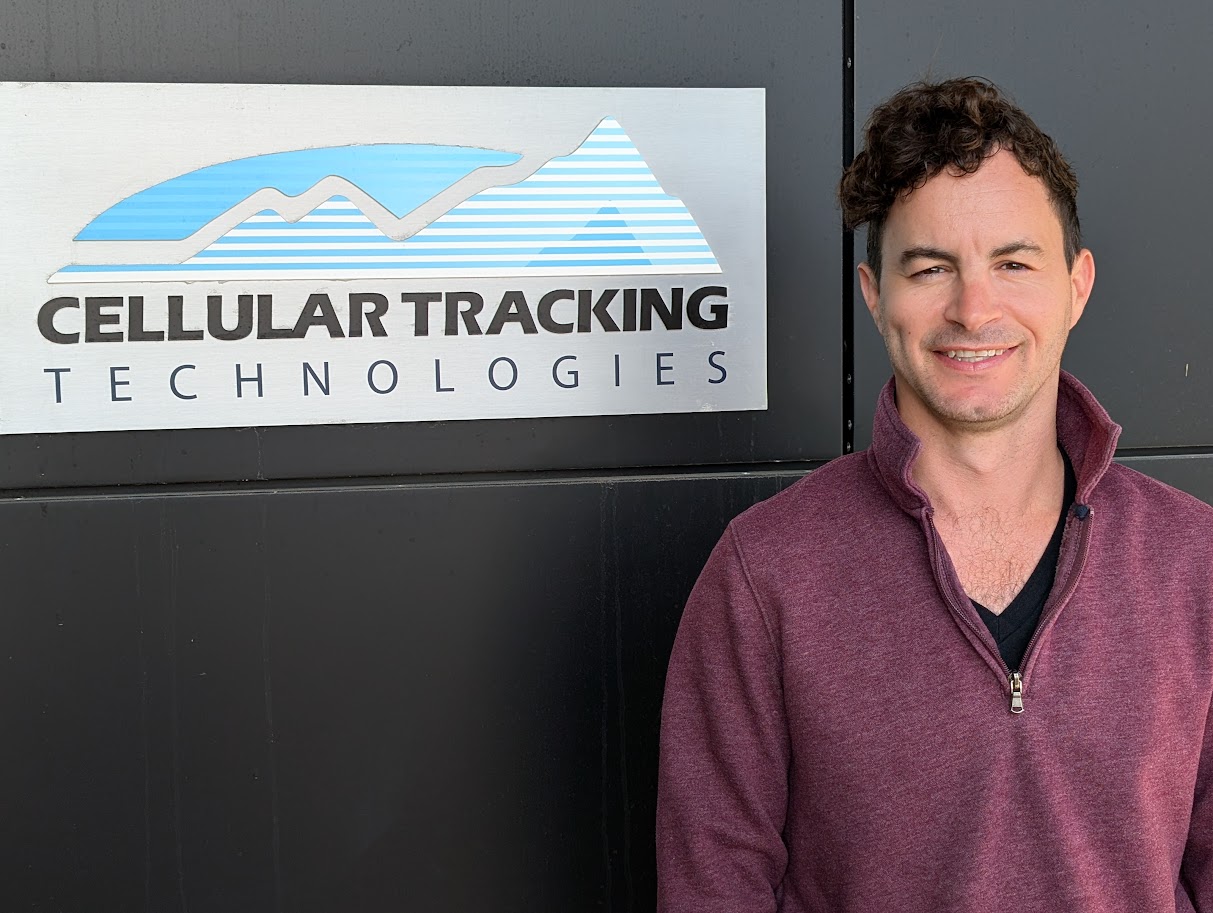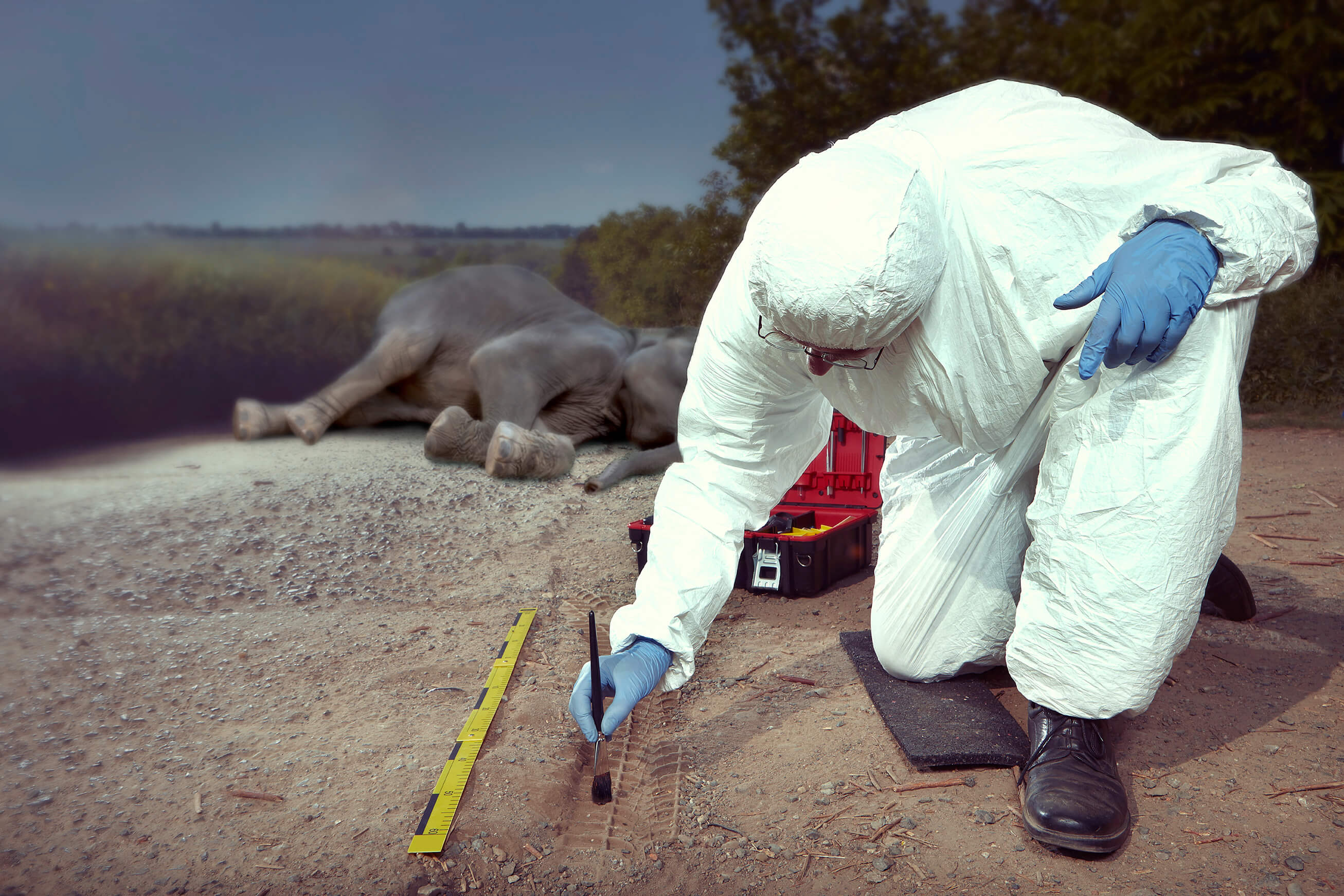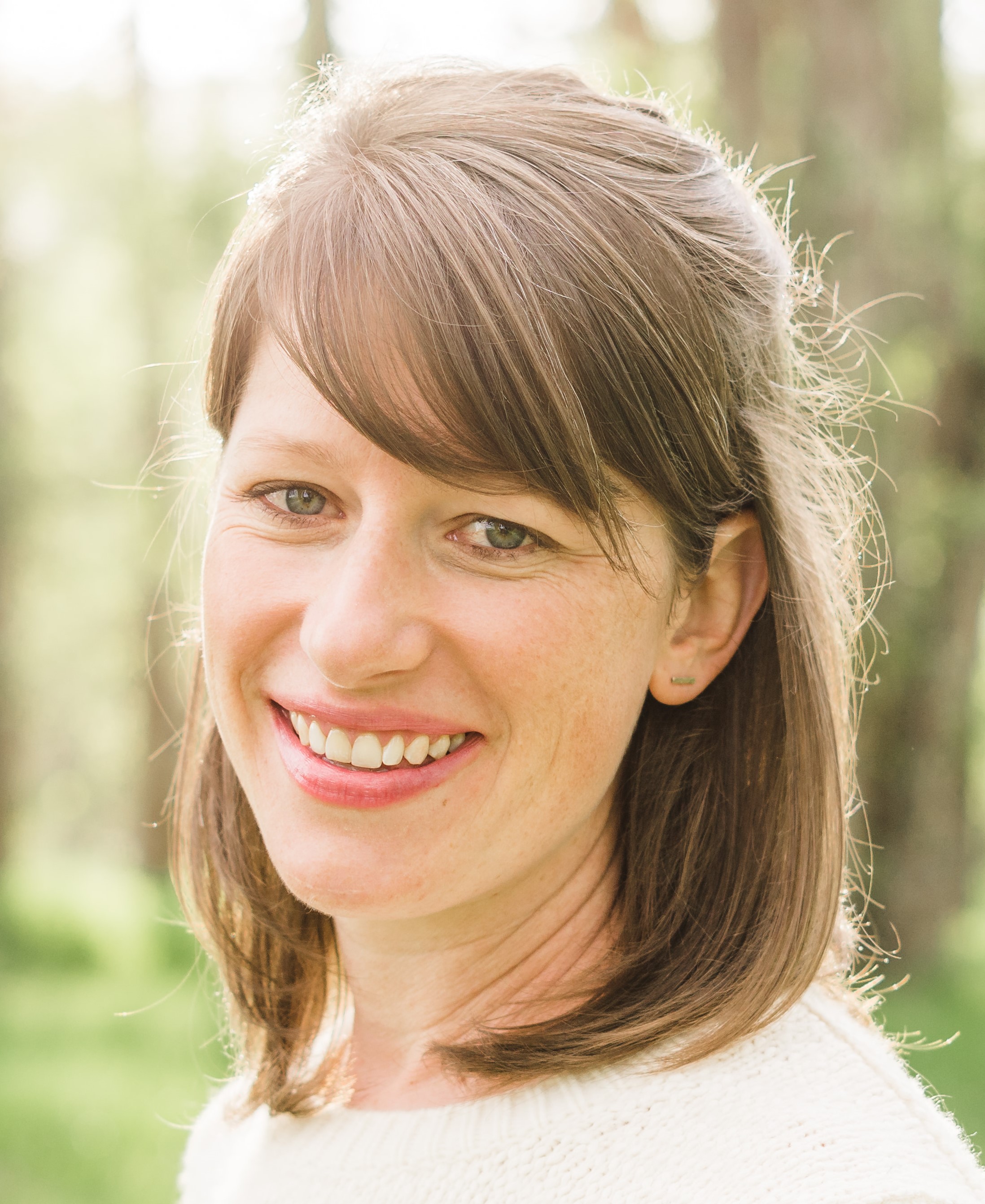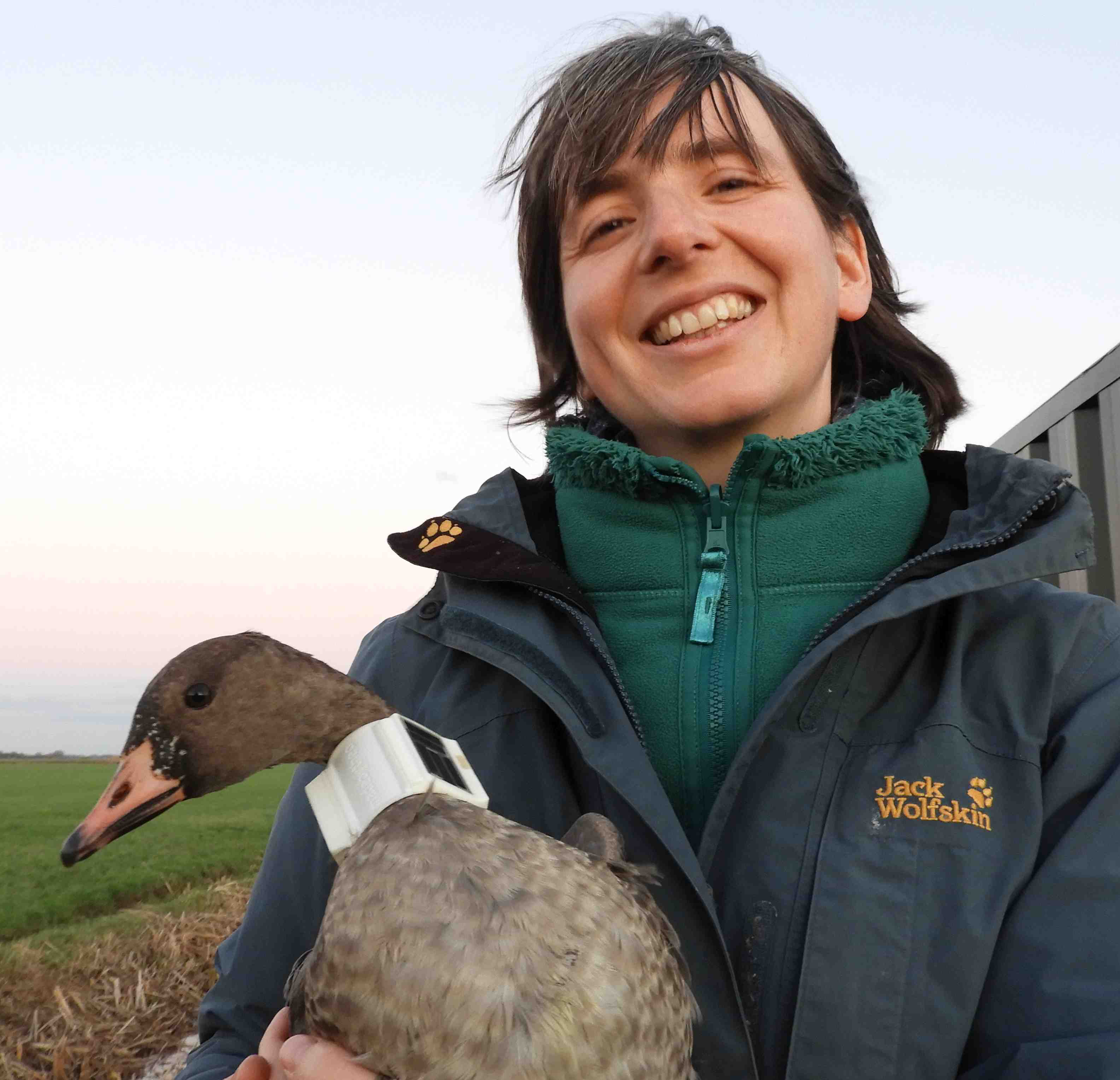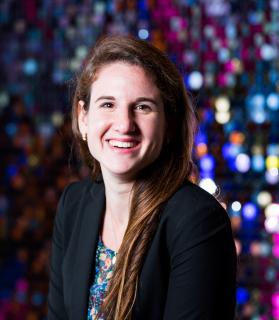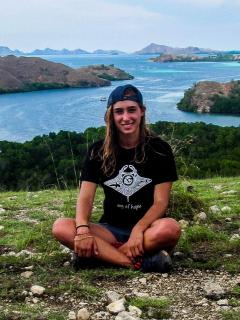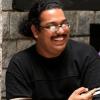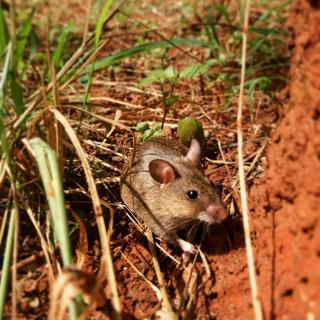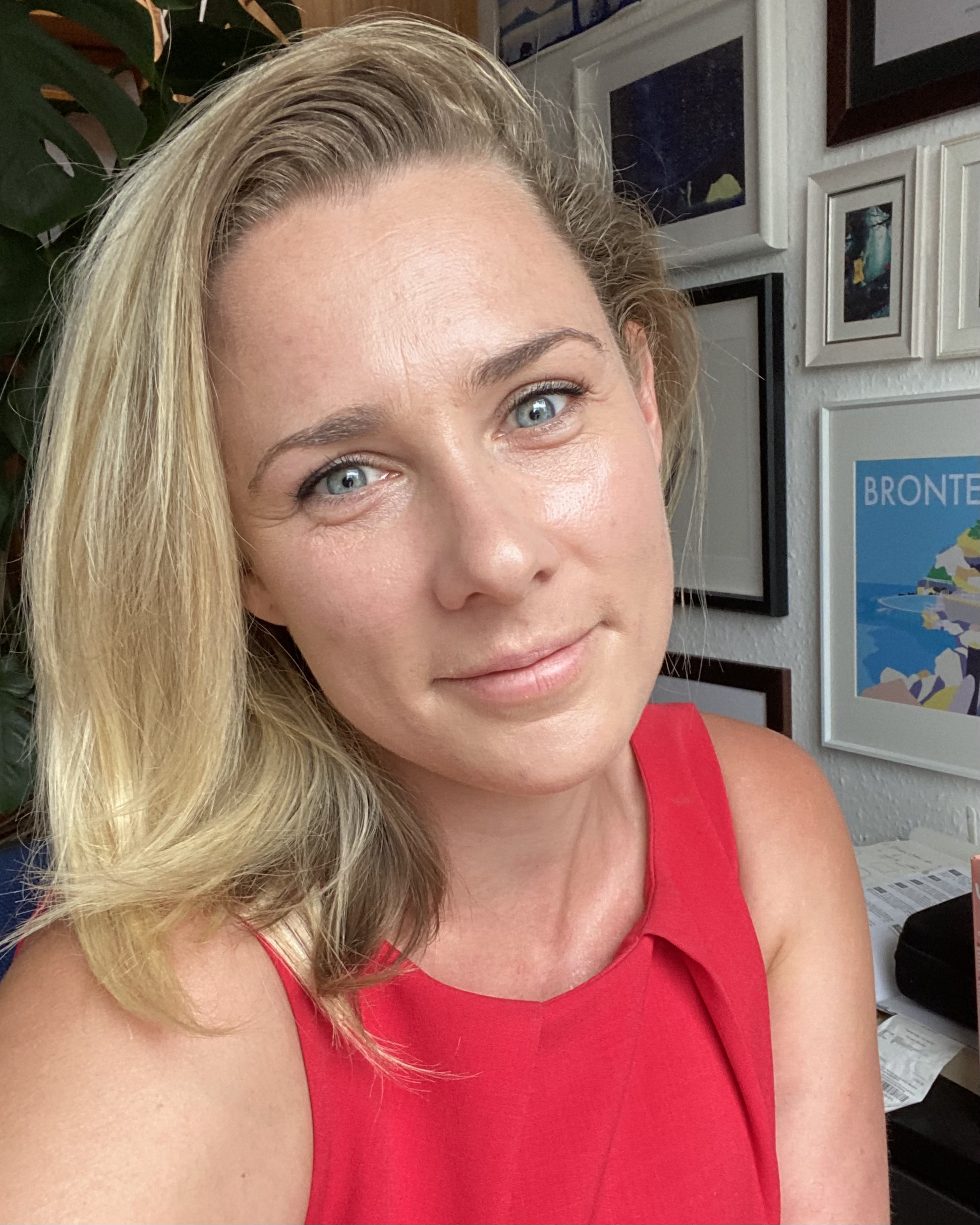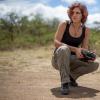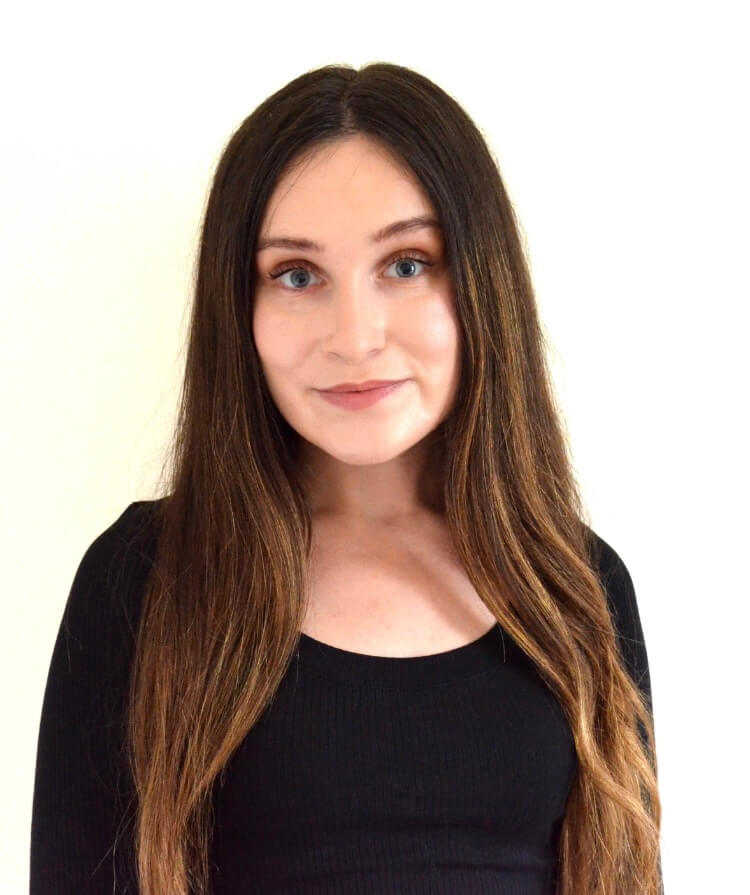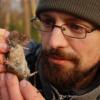Despite critical advancements in the tech solutions available to conservationists worldwide, many existing tools are cost-prohibitive in the landscapes that need them most. Additionally, those who create low-cost and open-source alternatives to pricey market tech often operate on tight budgets themselves, meaning they need more resources to promote their solutions to a broader market. We need increased communication around these solutions to highlight their availability, share lessons learned in their creation, and avoid duplication of efforts.
This group is a place to share low-cost, open-source devices for conservation; describe how they are used, including what needs they are addressing and how they fit into the wider conservation tech market; identify the obstacles in advancing the capacity of these technologies; and to discuss the future of these solutions, particularly their sustainability and how best to collaborate moving forward. We welcome contributions from both makers and users, whether active or prospective.
Here is how we see the current OSS space and how this group plans to change it by supporting both makers and users:
Many users do not appreciate the significant benefits of open-source tech. This group will educate users about the advantages and the need for open-source tech, specifically in the context of ecology work. We achieve this by stimulating regular discussions on the forum and by encouraging and supporting users to use open-source tools wherever possible.
Building OSS can be difficult. We want to support both established and potential makers who wish to develop OSS. The OSS group is a place where makers can find funding opportunities, ask current and potential users questions, and share their technologies.
Using OSS can be difficult. We also want to support adopters of OSS tech. We do this by offering a place for users to share challenges they face and crowdsource advice on things like technology choice or technical support.
Makers do not know what users want or need. The OSS group is a place that facilitates conversations between makers and users. This will give users a voice and ensure that makers are aware of the needs of users, enabling them to build better solutions.
The community is small and scattered. We want to grow an inclusive community of OSS practitioners. Our goal is to become the go-to place for discussions on the topic where people feel a sense of belonging.
Resources for getting started
- How do I use open source remote sensing data in Google Earth Engine? | Tech Tutors
- How do I use open source remote sensing data to monitor fishing? | Tech Tutors
- Low Cost, Open Source Solutions | Virtual Meetup
- What would an open source conservation technology toolkit look like? | Discussion
- December 2024 Open Source Solutions Community Call
Header image: Shawn F. McCracken
Group curators
- @Nycticebus_scientia
- | he/they
MammalWeb.org
Co-founded citizen science camera-trapping project with interest in developing 100% open source wildlife tech. Advocate for open science/open research. Community member of the Gathering for Open Science Hardware.



- 3 Resources
- 24 Discussions
- 3 Groups
trying to understand and improve the welfare of all animals that can suffer


- 4 Resources
- 6 Discussions
- 7 Groups
- @briannajohns
- | she/they
Gathering for Open Science Hardware (GOSH)
Interested in the application of open source technologies for conservation research.



- 9 Resources
- 4 Discussions
- 4 Groups
- 1 Resources
- 2 Discussions
- 7 Groups
- @womble
- | he/him
AI Researcher, with 30+ years experience in academia and industry. Currently consulting for a company using drone imagery to analyse property heat loss. Expertise in machine learning, NLP, python, Google Cloud. https://julianrichardson.net
- 0 Resources
- 6 Discussions
- 6 Groups
- @Harsha
- | He/Him
I am a marine biologist / acoustic ecologist from Australia. Fascinated by bioacoustics, I always look forward to learning from people in conservation!
- 0 Resources
- 0 Discussions
- 11 Groups
- @adamsteer
- | Dr/He/Him
Researcher and consultant focused on snow, ice and landscapes, drone pilot, lidar and airborne remote sensing analyst. Based in Australia, thinks a lot about connected systems in mountain and polar landscapes. Open source geospatial specialist.
- 0 Resources
- 2 Discussions
- 4 Groups
- 0 Resources
- 3 Discussions
- 8 Groups
- @LucyD
- | She/Her
Software developer and wildlife ecologist

- 0 Resources
- 2 Discussions
- 5 Groups
- @PhilAtkin
- | He/Him
Embedded software developer of 40+ years experience, hardware designer.
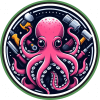


- 3 Resources
- 22 Discussions
- 6 Groups
- @stevef
- | he/him
Tech Matters
Project Director, Terraso.org (1000 Landscapes for 1 Billion People): open source software for farmers, ranchers & communities.
- 0 Resources
- 2 Discussions
- 4 Groups
- @IvanIoSA
- | He/Him
CTO of IoSA, the Internet of Small Animals. Creator of ProxLogs

- 0 Resources
- 5 Discussions
- 7 Groups
St. Lawrence University
Professor of Biology at St. Lawrence University
- 0 Resources
- 2 Discussions
- 13 Groups
- @diego_lizcano
- | He/Him
Wildlife biologist interested in biodiversity monitoring and the conservation of mammals. Passionate photographer.
- 0 Resources
- 0 Discussions
- 7 Groups
Max Planck Institute of Animal Behavior
- 0 Resources
- 2 Discussions
- 5 Groups
Article
Ceres Tag sends just in time alerts and GPS location to have the power to track and trace.
22 July 2022
The Earth Species Project (ESP) is a nonprofit organization dedicated to decoding animal communication and translating non-human language.
15 July 2022
Camera trap wildlife surveys can generate vast amounts of imagery. A key problem in the wildlife ecology field is that vast amounts of time is spent reviewing this imagery to identify the species detected. Valuable...
20 December 2021
This article provides a review of deep learning (predominantly ML) used in marine ecology and considerations for its future directions in conservation. In plain language, the authors provide a methodology for training...
20 December 2021
The 2021 Ebbe Nielsen Challenge has opened with the aim of recognizing innovative entries that leverage biodiversity data and tools from the GBIF network to advance open science.
20 January 2021
WILDLABS community member Thomas Gray from Argos has given us a preview of an upcoming grant program to develop open-source tags. Three years ago, Argos worked with the Arribada Initiative to develop an open-source...
17 August 2020
Community Announcement
WILDLABS is evaluating the State of Conservation Technology alongside researchers at Colorado State University in our third annual survey. Take the survey to contribute your thoughts on the community’s progress, needs, ...
8 July 2020
Creating bold conservation tech solutions requires each of us to find the intersection between our skills and passions. In this case study on the new Aqualink reef monitoring system, a unique citizen science project...
9 June 2020
Funding
The 2020 Hackaday Prize competition has begun! This year, Conservation X Labs has partnered with the Hackaday Prizes as one of four nonprofits seeking tech-based solutions to urgent challenges. Conservation X Labs'...
26 May 2020
May 2025
event
June 2025
event
October 2025
event
May 2023
event
December 2022
October 2022
event
September 2022
| Description | Activity | Replies | Groups | Updated |
|---|---|---|---|---|
| Hi skatewing, I'm not a domain expert like most people in this forum, but I have created XML schemas using object oriented (OO) principles in the past; the same capability... |
|
Open Source Solutions | 4 years 3 months ago | |
| Hi Akiba No worries, thanks for responding! I'd love to delve into more detail on this once the new series has started and I have an idea of the tools and kit required!... |
|
Open Source Solutions, Sensors | 4 years 8 months ago | |
| Hi Maxine, There are pros and cons to switching regulators and linear regulators. Linear regulators "throw away" the excess voltage in order to maintain a... |
|
Open Source Solutions, Sensors | 4 years 8 months ago | |
| Hi Luci. Did you ever get a response on this? I'd be interested in collaborating and helping develop out the system. We can probably assist in the manufacturing and... |
|
Open Source Solutions | 4 years 9 months ago | |
| Hello, Ours is the SensorStation: https://github.com/cellular-tracking-technologies/SensorStation/ It is a multi-channel radio receiver based on Raspberry Pi for a variety... |
+4
|
Open Source Solutions | 5 years 9 months ago | |
| Hi Marysia, Naturebytes is a good start, there are a number of projects running using their Raspberry Pi wildlife camera traps. Kind regards, Alasdair |
|
Open Source Solutions | 5 years 11 months ago | |
| Daaaamn! That's a great list. Akiba |
|
Open Source Solutions | 6 years 1 month ago | |
| Excellent Akiba, Thank you for your detailed thoughts and for sharing your experiences. |
|
Open Source Solutions | 6 years 1 month ago | |
| Hi jlahoz. In reply to your questions: "I find commercial open source conservation technology to be a very exciting space, plenty of challenges but also opportunities.... |
+2
|
Open Source Solutions | 6 years 1 month ago | |
| Hi everyone. This project is the first one that came out of this thread. @Rob+Appleby and I were discussing his WildSpy timer... |
|
Open Source Solutions | 6 years 1 month ago | |
| Field Instruments: Build it yourself From custom wildlife collars to underwater recorders, a... |
|
Open Source Solutions | 8 years ago |


